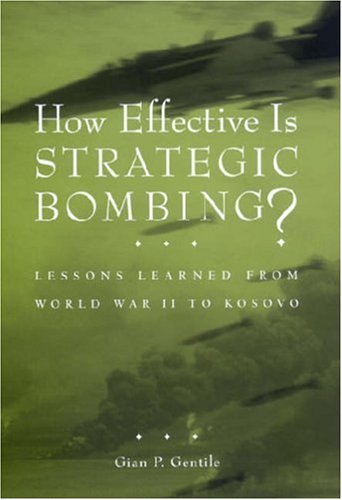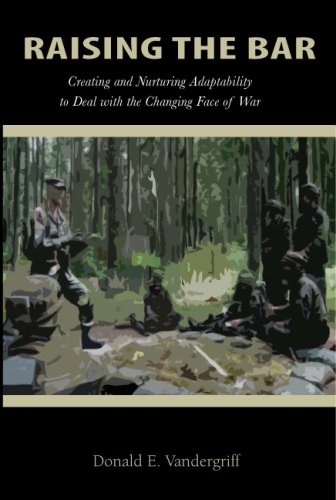Reading “Hard” Books vs. Pretending to Do So
Sunday, December 14th, 2014[by Mark Safranski, a.k.a. “zen“]

The other day, some friends shared an old post by controversial conservative activist, writer and publisher of The Federalist, Ben Domenech, that struck a chord:
The Top Ten Books People Lie About Reading
Have you ever lied about reading a book? Maybe you didn’t want to seem stupid in front of someone you respected. Maybe you rationalized it by reasoning that you had a familiarity with the book, or knew who the author was, or what the story was about, or had glanced at its Wikipedia page. Or maybe you had tried to read the book, even bought it and set it by your bed for months unopened, hoping that it would impart what was in it merely via proximity (if that worked, please email me).
I have not, though I frequently catch many people in conversation and even more online who do.
What does happen too often is a sense of despair welling up as my Antilibrary looks down from the shelves with disapproval as I wonder when I will ever get around to reading them. Maybe this weird bibliophiliac guilt is what spurs people to lie about books they have read. Or perhaps they merely are lazy and want intellectual street cred without the work:
….Take Neil DeGrasse Tyson as one example, whom the internet loves with an unrestrained passion usually reserved for fluffy cat videos. He was asked a few years ago on reddit to share his recommended reading list.Given his brief commentary on the eight books he recommends, he seems largely unfamiliar with the actual content of the works by Adam Smith, Thomas Paine, Niccolo Machiavelli, and particularly Sun Tzu, who views the avoidance of killing as the best form of warfare.
The truth is, there are lots of books no one really expects you to read or finish. War and Peace? The Canterbury Tales? The History of the Decline and Fall of the Roman Empire? Announcing that you’ve finished those books might surprise a lot of people and make them think you’re abnormal or anti-social, unless you’re an English or History major who took their reading very, very seriously. Perhaps the shift to ebook format will diminish this reading by osmosis – and book sales, too – since people can afford to be honest about their preference for 50 Shades over The Red and the Black since their booklists are hidden in their Kindles and iPads.
E-reading and reading a book are different experiences. I read Caesar’s Conquest of Gaul on a kindle once. It was convenient, as I was traveling, but the kindle seemed better suited for fiction; with a serious book, I felt the need to mark up pages with marginalia. I last used the Kindle for reading Daniel Suarez’s Daemon and Freedom and then gave it to my Eldest child:
So here’s my attempt to drill this down to a more realistic list: books that are culturally ubiquitous, reading deemed essential, writing everyone has heard of… that you’d be mildly embarrassed to admit you’ve never read.
10. Atlas Shrugged, Ayn Rand: The libertarian moment has prompted a slew of people to lie about reading Ayn Rand, or to deploy the term “Randian” as a synonym for, say, competitive bidding in Medicare reform without even bothering to understand how nonsensical that is.
9. On the Origin of Species, Charles Darwin: Many pro-evolutionists online display no understanding that the pro-evolution scientific community rejects the bulk of Darwin’s initial findings about evolution.
8. Les Miserables, Victor Hugo and A Tale of Two Cities, Charles Dickens: Virtually every bit of literature about the French Revolution could be tied here, though ignorance of it might inspire fun future headlines, such as “De Blasio Brandishes Knitting Needles, Calls For ‘The People’s Guillotine’ To Be Erected In Times Square.”
7. 1984, George Orwell: A great example of a book people think they have read because they have seen a television ad. On Youtube.
6. Democracy in America, Alexis De Tocqueville: Politicians are the worst about this, quoting and misquoting the writings of the Tocqueville without ever bothering to actually read this essential work. But politicians do this a lot – with The Federalist Papers and The Constitution, too.
Read the rest here.
I have read # 10, 7, 3 and 2 multiple times each and expect I will read them again. I’ve read de Tocqueville and Tale of Two Cities once. I have looked up stuff in Wealth of Nations but never read it despite having read von Hayek, von Mises, Galbraith, Friedman, Veblen and Marx. I can’t muster much enthusiasm either for Melville or James Joyce, though if forced to choose, I’d select the former.
There’s a lot of intellectual merit – and consequent pride, sort of a nerd throw-down bragging rights – in conquering a “hard” book. I’ve read many that didn’t make that particular list, but perhaps should – Gibbon’s Decline and Fall of the Roman Empire, Montesquieu’s The Spirit of the Laws, Clausewitz’s On War, Aristotle’s The Politics, Herodotus and Thucydides and (in a more modern vein) Barzun’s Dawn to Decadence or Solzhenitsyn’s The Gulag Archipelago. But there’s many more I have not yet read and worse, may never get to, for lack of time or inclination. My hat is off to those who have slogged through Hobbes’ Leviathan or Kant’s Critique of Pure Reason because I’m dubious that I ever will; and while I will probably get around to The Muqaddimah, I’m not sure if I will ever dive into Montaigne or Spengler or most of the great twentieth century novelists. Our time is scarce and so we must choose.
This is of course, what makes book-phonies so worthy of ridicule. There’s something pretentious and absurd about holding forth on a book you have not yourself read as if you were an expert. It’s not remotely as morally serious as the “Stolen honor” frauds who are regularly exposed faking military heroics, but the “Stolen intellect” pretenders to knowledge have a similar motivation and in the end, they are only fooling themselves.
What “hard” books do you take pride in having read?












